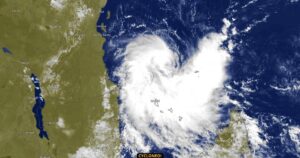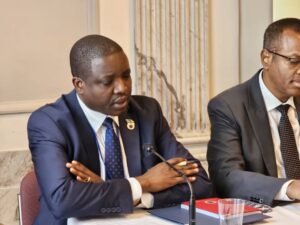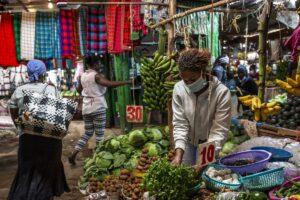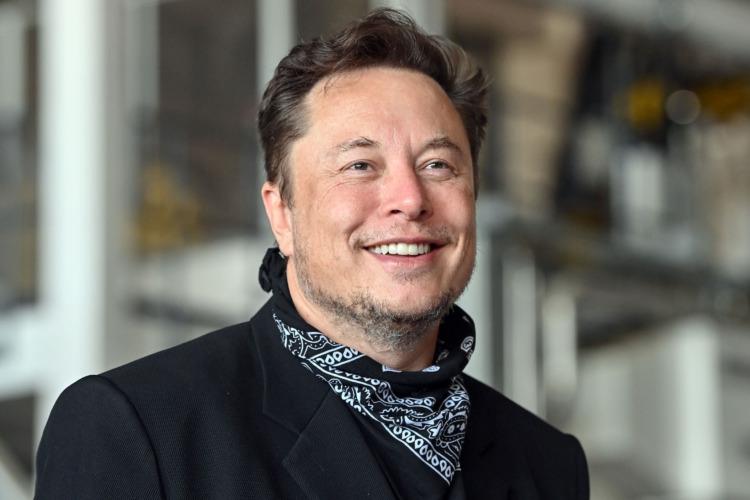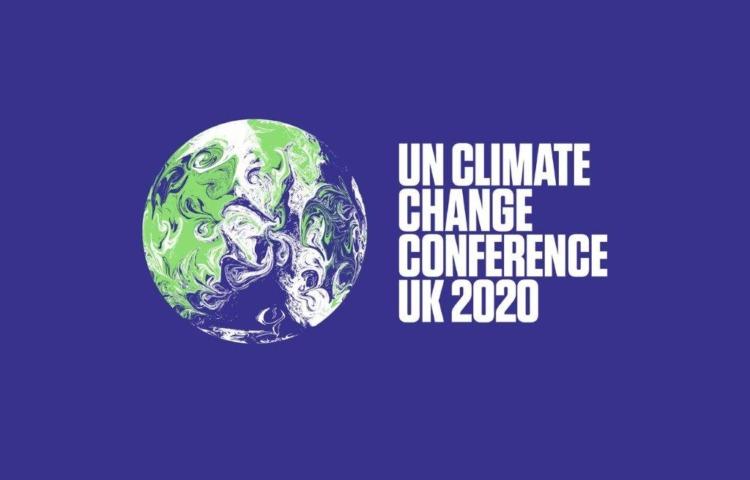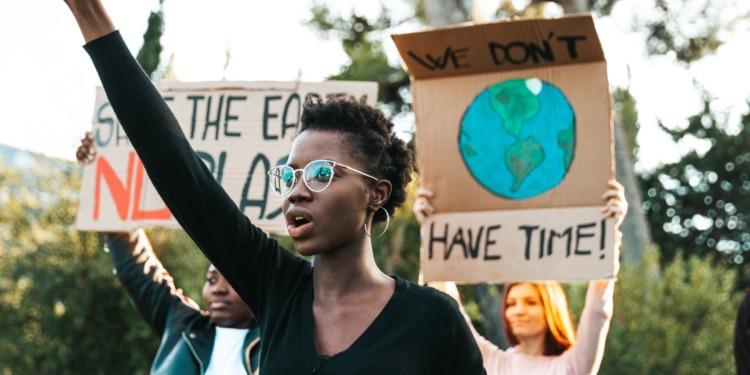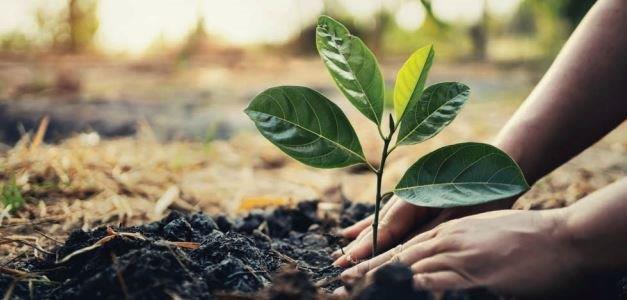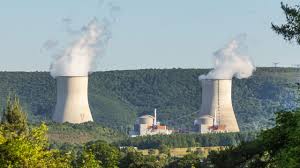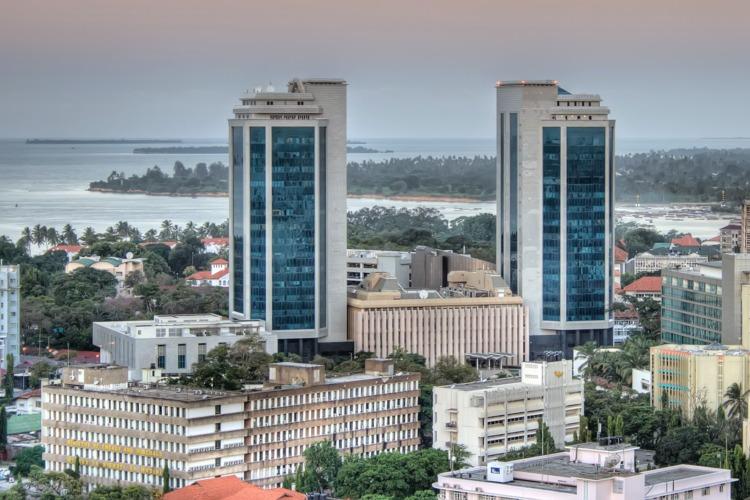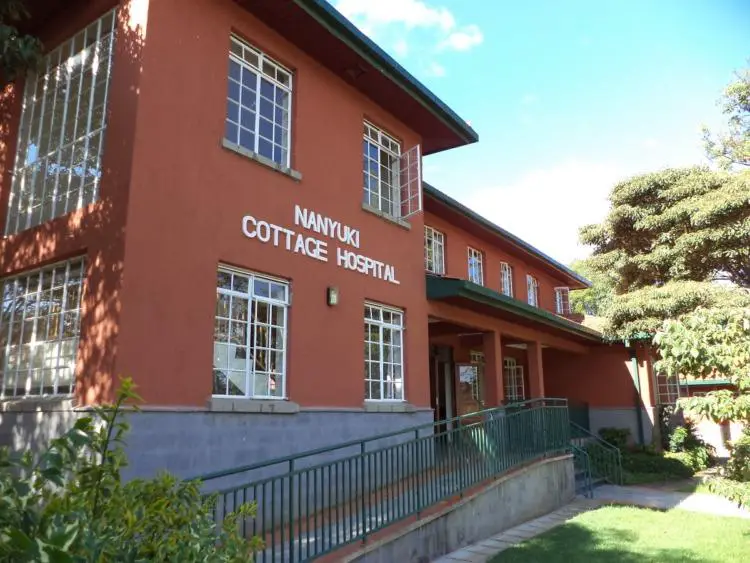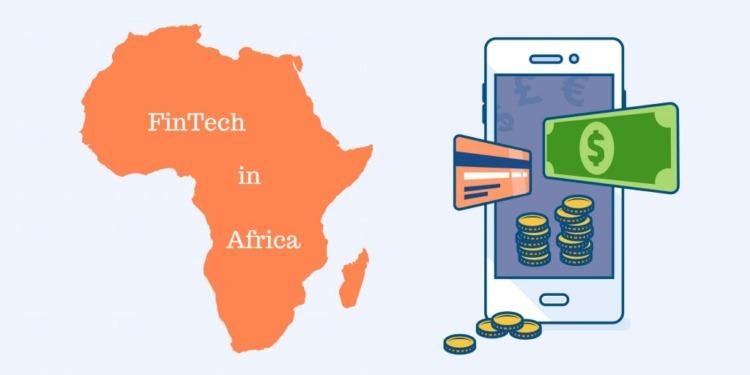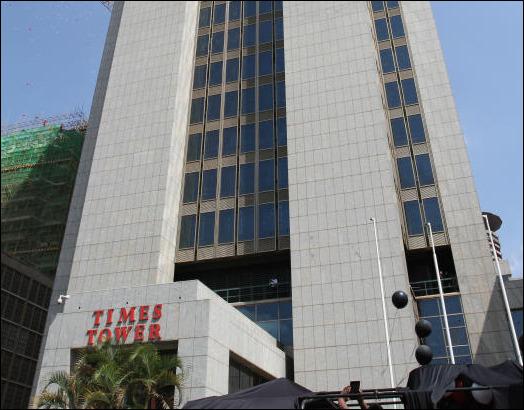- Kenya, Tanzania braces for torrential floods as Cyclone Hidaya approaches
- EAC monetary affairs committee to discuss single currency progress in Juba talks
- Transport and food prices drive down Kenya’s inflation to 5% in April
- Payment for ransomware attacks increase by 500 per cent in one year
- History beckons as push for Kenya’s President Ruto to address US Congress gathers pace
- IMF’s Sub-Saharan Africa economic forecast shows 1.2 percent GDP growth
- The US Congress proposes extending Agoa to 2041, covering all African countries
- Millions at risk of famine as fuel tax row halts UN aid operations in South Sudan
Browsing: Africa
- Elon Musk is ready to sell his Tesla shares if WFP will describe how it will spend it and display accounting reports
- Nearly 42 million people are face starvation due to various factors including climate change
- 2 per cent of Elon Musk’s wealth could help the 42 million people facing hunger
Who would have thought that one man can solve a portion of global hunger?
The old saying, ‘numbers don’t lie’ has somehow shocked the world, as the director of the United Nation’s World Food Programme, David Beasley, recently challenged the world’s wealthiest individuals to ‘’step up now, on a one-time basis’’ and address global hunger.
“US$6 billion could help 42 million people that are going to die if we don’t reach them. It’s not complicated,” he added, as cited by CNN.
It seemed to be a normal statement, by when one of the most influential like Elon Musk, took …
A Primer
McKinsey & Company, the global business consulting giant conducted a study on the slow pace of infrastructure development and financing in Africa and found overwhelmingly that: “More than anywhere else on Earth, Africa has huge unmet needs for infrastructure, reflecting a long history of underinvestment. Today the continent has the opportunity to build the infrastructure its people and businesses need—at speed and scale. The funding is available, together with a large pipeline of potential projects. To ensure that the money is spent where it is needed, and delivers high-quality infrastructure on time and on budget, governments and private sector players need to step up to prepare, plan, and manage projects with a new level of rigour and robustness.”
One of the findings from their research is that despite the pertinent need to develop infrastructure to be competitive globally African countries lag behind their worldwide counterparts when it comes …
China had been funding the development and exploitation of massive coal reserves in countries like Indonesia and Vietnam under an initiative called the Belt & Road but has come under pressure as the world tries to honour its Paris climate agreements.
This Belt & Road initiative is a strategy initiated by the People’s Republic of China that seeks to connect Asia with Africa and Europe via land and maritime networks with the aim of improving regional integration, increasing trade and stimulating economic growth.
To realize this vision required the use of natural resources which China does not have entirely but other nations do and would then secure supply of this through the development of resources such as coal mines in developing countries. The Chinese are reportedly developing a US$3 billion coal mine in the Hwange area of Zimbabwe.…
As part of the requirements under the Kenyan Act, the government additionally established an Integrated Monitoring Reporting and Verification (Integrated MRV) system and published Kenya’s National Climate Change Action Plan 2018-2022 (NCCAP). The five year plan requires the government to develop “action plans”, providing mechanisms to assist stakeholders in bringing about low-carbon climate-resilient development.
Angola boasts some of the most ambitious targets for transition to low carbon development in Africa, albeit having ratified the Paris Agreement in November 2020. Since then the country has launched a national development plan, established a climate observatory and implemented a continuous national emissions monitoring system.
In addition, Gambia is committed to reducing its GHG emissions unconditionally, by 2.4 per cent by 2025 having implemented the Sustainable Energy Action Plan in 2015, which sets out the country’s renewable energy targets and corresponding measures necessary for their achievement. It has also committed to terminating oil importation …
Firstly, environmental criteria which consider how well a company performs as a steward of nature. This includes the energy a company takes in and the waste that it produces and the consequences for humanity as a result.
This aspect of the criteria also encompasses carbon emissions and climate change which have become highly topical especially in the ongoing COP26 conference in Glasgow. This aspect of the ESG criteria is important because every company uses energy and it is affected by the environment.
The social criteria which is second considers how that company manages its relationships with stakeholders namely employees, shareholders, lenders, customers, suppliers, and the communities where it operates. This feature addresses the relationships a company has and the reputation it fosters in the communities it operates in which may include labour relations, diversity, and inclusion. …

African countries have dire shortage of energy supply and many cannot even meet their minimum required base-load, so why is a continent rich in uranium, so slow to use this clean energy source to meet its power supply needs?
The answer lies in the world’s fear for nuclear armament, that is to say, should African countries be allowed to enrich uranium, they may also be able to arm themselves with nuclear weapons; at least that is the broad simplified query.
So is it feasible to consider commercial nuclear power for say sub-Saharan Africa, especially in light of advanced nuclear technologies and their potential to overcome the continents major challenges to development like lack of reliable power.
Even though Africa is home to a diverse range of energy resources like oil and gas and strong hydro-potential most of the continent still faces major power infrastructural deficit that analysts estimate would cost …

The government of Tanzania has received 1.3tri/- as Covid-19 relief package from the International Monetary Fund (IMF). Now the government has announced plans to implement a score of projects that will be financed with this fund in a move it says, will help the private sector’s liquidity.
As part of its own fiscal policies to cushion the economy from the negative effects of the global pandemic, the government, through the Central Bank has also released another 1tri/- to commercial banks in a bid to increase their lending capacity.
With these funds, the Central Bank released funding and IMF funding that goes into implementing national projects, the private sector is empowered to borrow and win project tenders and as such increase money circulation in the economy.
The strategy is meant to back the economy which had slowed down due to reduced demand which in turn reduced produced production stagnating the whole …
The solution, currently under deployment by DPA is tailored to the hospital’s energy needs and designed to increase efficiencies. It will be grid-tied with photovoltaic (PV) of 80 kWp capacity and mounted on the rooftop.
This will see the facility save 30-40 per cent of their monthly electricity cost of approximately KES 550,000- this is through the use of solar power and reduced maintenance costs of all major hospital equipment affected by erratic power fluctuation.
The hospital sector, in operation 24 hours a day, 365 days a year, is one of the areas with high energy consumption and NCH joins a growing list of companies, universities, factories and hospitals in Kenya that have turned to solar PV grid-tied systems to supply power for self-consumption.…
Financial technology (FinTech) is a major force shaping the structure of the financial industry in sub-Saharan Africa. New technologies are being developed and implemented in sub-Saharan Africa with the potential to change the competitive landscape in the financial sector.
In an area that traditionally suffered limited access to financial services such as Credit, insurance, and banking Financial technology [FinTech] has aided in accelerating financial inclusion in this sub-Saharan Africa region.
While the bell has long been chiming for businesses to rapidly adapt, harness the power of data and streamline their digital processes, COVID-19 reprioritized the need for these capabilities. It made these elements of digital strategy essential, and at a frightening pace.
The Fintech sector in Africa has since rapidly emerged with more and more startups coming up as compared to other years. As consumers avoided touching cash or point of sale devices, digital payment usage increased dramatically and continues …
Kenya revenue authorities formerly known as (KRA) has been one of the government agency programs in charge of collecting, accessing, and accounting for all taxes around the country, it started way back in 1995 by the national assembly. The Kenya revenue authorities headquarters is located at Times Tower, Haile Selassie Avenue in Kenya’s capital Nairobi.
In Kenya when one hears or comes across the name Kenya Revenue Authority (KRA), what automatically comes to mind immediately is tax. in other words KRA is mostly referred to as the taxman by Kenyans. it is also a facilitator of global trade.
Kenyans have always found themselves on the other side of the law most so students. Every individual and company in possession of a Personal Identification Number (PIN) should file their tax return at the end of the year with the collection agency which is the Kenya Revenue Authority.
Kenya operates a self-assessment …
